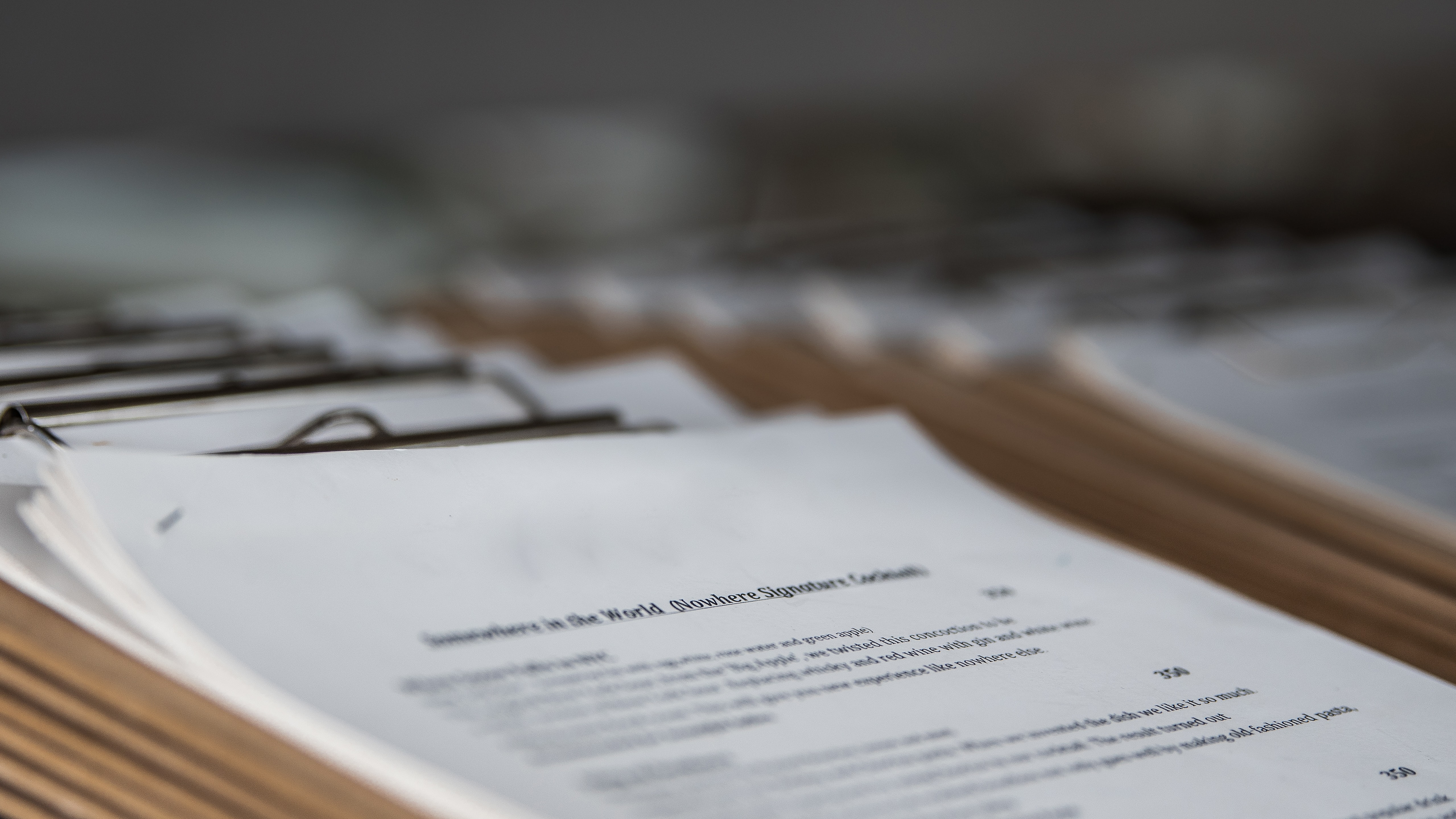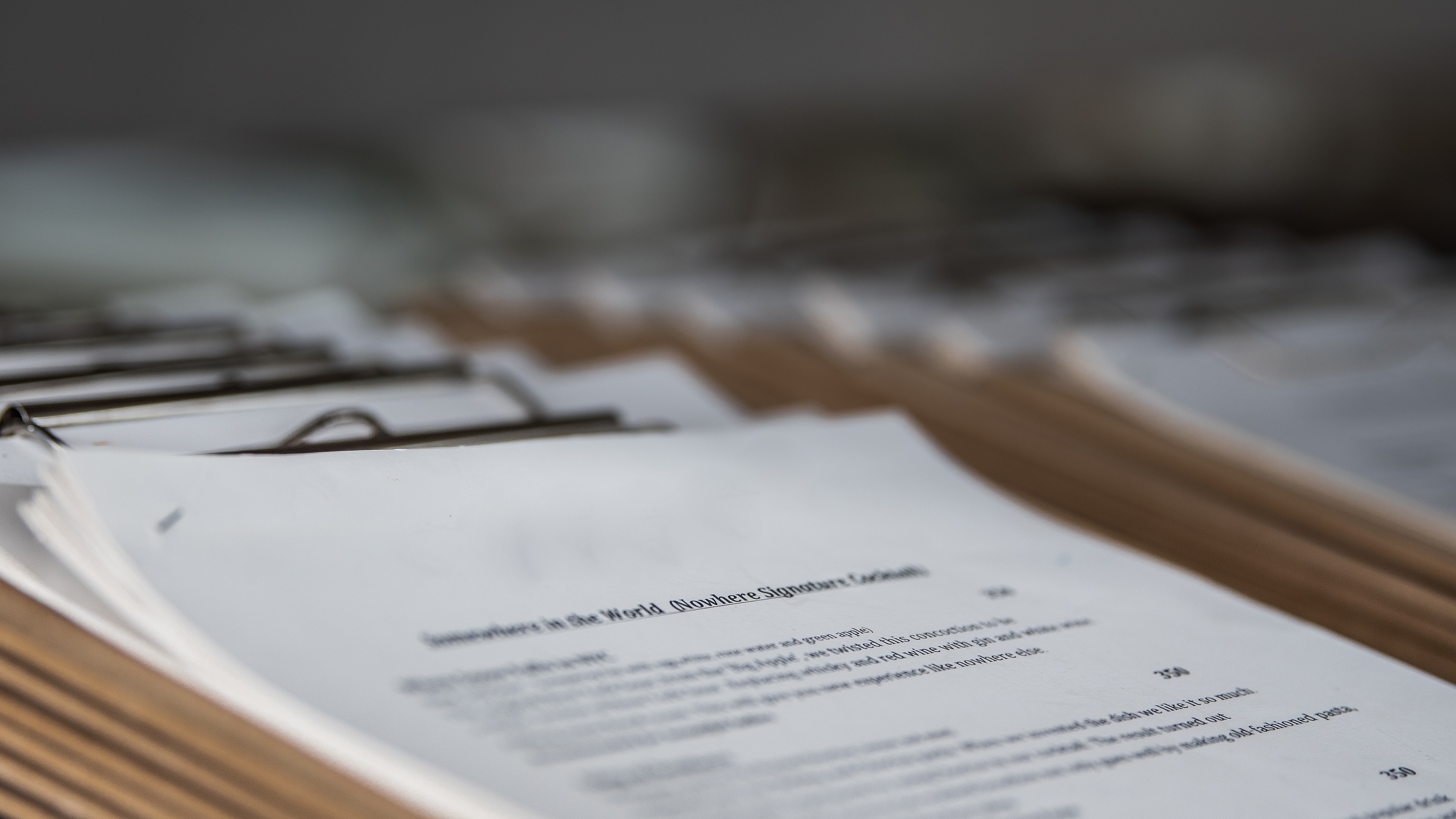Shipping products across the border can be rather simple if you are well prepared, even though U.S. customs laws are sophisticated and frequently different from those utilized by Canada. Spending a little more time on your paperwork will ensure smooth customs clearance since missing or erroneous documentation is the primary cause of problems for export shipments with U.S. customs.
Your items can enter the United States in one of two ways: formally (also known as a commercial entry) or informally (also known as an unofficial entry). The majority of exports enter the country formally, necessitating the use of a U.S. customs broker following American customs procedures. If the exporter is traveling with the shipment or the consignee personally arrives at the port of entry to pick it up, the informal entry does not need a broker.
Your exports might need to adhere to rules issued by other U.S. agencies in addition to completing the standards set forth by the U.S. Customs for formal or informal entry. For instance, the Federal Trade Commission upholds import laws for clothes and textiles, which are subject to stricter restrictions than some other products. Another example is the U.S. Food and Drug Administration's requirements for labeling food and beverage goods; if your product falls under these headings, you could need additional paperwork, like a Certificate of Hygiene, a Certificate of Free Sale, or a Certificate of Inspection. You can get assistance in understanding and meeting these unique criteria from your U.S. customs broker and relevant organizations.
Documents Required for Exports Customs Clearance
You've probably heard people discuss the seductive aspects of exporting, such as market research, networking, travel, and all the marketing and sales activities that come to mind when considering the glamor of international trading.
However, we want to focus on the less glamorous aspect of exporting—the fundamental export documentation needed for international shipments. It's the things you must do to deliver goods and generate income properly.
Here are 12 common shipping paperwork for export that you should be familiar with to succeed:
- ProForma Invoice
- Customs Packing List
- Country of Origin or COO Certificate
- Commercial Invoice
- Shipping Bill
- Bill of Lading or Airway Bill
- Bill of Sight
- Letter of Credit
- Bill of Exchange
- Export License
- Warehouse Receipt
- Health Certificates

Proforma Invoice
Everything in a normal export transaction begins when you get a question regarding one or more of your products. That query can ask for a price estimate.
If it was a domestic prospect who contacted you, you probably have a standard quotation form you can use. However, your quote would be given as a proforma invoice in a global transaction. This is because your foreign prospect may require a proforma invoice to secure finance, open a letter of credit, apply for the necessary import licenses, and other things.
A proforma invoice resembles a commercial invoice; if you fill it out correctly, it will be extremely comparable. An example invoice includes the following details:
- Both the buyer and the seller are in the deal.
- A thorough explanation of the products.
- The commodities' classification in the Harmonized System.
- The cost.
- The sale's payment conditions are normally stated using one of the 11 current Incoterms.
- The specifics of delivery include how, where, and at what cost the products would be delivered.
- If U.S. dollars or another currency is being used in the quote.
Your proforma invoice should be date-stamped and have an expiration date. Setting a quoted deadline can help reduce your risk because the export procedure can be volatile.
Commercial Invoice
After submitting a proforma invoice to a foreign prospect and receiving their order, you should prepare your goods for shipment, including the paperwork that must accompany them. The commercial invoice stands out among these papers as a crucial piece of paperwork.
Most of the information necessary to fully understand you can find an export transaction on the business invoice.
When people compare this sample commercial invoice to the invoices their business uses for domestic orders, they typically have questions. Don't confuse export invoices with the accounting or ERP system invoices your company uses to get paid.
The commercial invoice might resemble the proforma invoice you sent your client to act as a quote, but it needs to include some crucial information you were unaware of at the time. You may access additional banking details and payment information once you have the business invoice, such as an order number, purchase order number, or other client reference number.
Include details that will guarantee timely delivery of the products and full payment from the customer, including information on maritime insurance if it applies.
Customs Packing List
Packing lists for international shipments are sometimes more comprehensive than domestic ones. Below are some examples of possible applications:
- The bills of lading for your shipment may be generated from the data on the packing list by your freight forwarder.
- The bank issuing a letter of credit may request a full packing list before releasing payment. The U.S. and foreign customs officials can use the packing list to locate specific products they wish to inspect. Instead of searching the whole shipment, it's far more efficient if they can open the right box or unwrap the right pallet.
- Each item's name, net and gross weights, and imperial and metric dimensions for each box are listed on the packing list. Any labels or other markings on the shipments, as well as any unique delivery instructions, are cataloged here.
A packing list is used when there is a dispute between the carrier and the exporter over the weight or measurement of the cargo or if cargo is lost or damaged and an insurance claim needs to be filed.
Certificates of Origin or COO Certificate
A certificate of origin is necessary to enter some countries, as this proves the items' country of origin. These certificates of origin require the signature of a non-government official, such as a chamber of commerce or consulate. Commercial invoices that include country of origin information may need to be accompanied by a certificate of origin.
A chamber of commerce may ask you to be a member or charge a fee to stamp and sign your certificate. You must submit a completed form to the chamber office to receive a seal and signature.
The use of costly courier services or the time-consuming practice of hand-delivering a certificate of origin to a chamber of commerce for certification is being abandoned in favor of electronic certificates of origin (eCO) for shipments by an increasing number of businesses. For enhanced legitimacy, you can register an electronic certificate of origin (eCO) with the International Chamber of Commerce (ICC), and its turnaround time is typically shorter.
Bill of Lading
The single most crucial piece of paper for each exporter. An exporter, a shipping company, and an importer must sign a bill of lading before goods may be loaded onto a ship. The exporter must acquire a correct and full bill of lading from the shipping line/freight forwarder and then forward it to the importer to ensure the products are transported without incident. Articles of this law include the following specifics:
- Product description, amount, and weight
- Specifics about the buyer and seller.
- The Bill of Lading is useful in cases of theft.
Letter of Credit
Often, the exporter may need to verify the importer's intent to pay by requesting a letter of credit from the importer's bank. There are circumstances where the shipment cannot occur until the exporter presents this paperwork.
Shipping Bill/Bill of Export
The exporter must file a shipping bill, often known as a bill of export, to clear customs. Specifically, it tells customs whether or not the exporter has taken advantage of government subsidies like:
- reductions, credits, and refunds on a wide range of taxes and duties
- Awarded through several export incentive programs run by the government
Information on whether or not the items are being re-exported from another country is also required.
Bill of Sight
If the importer or consignee is unaware of the items being sent, the exporter can make a "Bill of Sight" declaration to the relevant customs authorities. The Bill of Sight stipulates that the recipient has the right to examine the goods before making any payments toward tariffs. When an exporter lacks the mandatory data and paperwork required for a bill of entry, they must apply for a bill of sight to use as a substitute. The exporter must present a letter authorizing customs to release the items and the bill of sight.
Bill of Exchange
To settle payments for products acquired from the exporter on demand or at a predetermined or determinable future date, the importer may use a bill of exchange as an alternative payment option. It serves a similar purpose as a bank or personal promissory note. A Bill of Exchange can be transferred by any party so long as they have the authority to endorse the document.
Certificate
You must provide a health certificate when animals or plant-based foods are shipped internationally. This paperwork guarantees the goods in the cargo are safe for human consumption and comply with all export restrictions. The government agency or agencies from which the shipment originated issued this certification.
Warehouse Receipt
According to the Business Dictionary, warehouse receipts are "documents of title" that ensure the existence and availability of a certain quantity and quality of a commodity and are used as an instrument of transfer in cash (spot) and futures transactions. It is evident that the sold products are, in fact, available and can be shipped right away.
Export License
Exporting or forwarding products requires a company like Moto to have an export license that they may present to customs. This document is required when the exporter sends items abroad for the first time. The specific requirements for this license could change based on the nature of the export you're planning. To do so, apply to the licensing authorities; the Chief Controller of Exports and Imports will provide the necessary permit.

Documents required for Imports Customs Clearance
Anyone unfamiliar with importing may feel lost during the FDA Imports customs clearance process. The simplest and most efficient approach to importing your FDA-regulated products is to work with a trustworthy customs broker who can answer any inquiries or handle any concerns you may have. Professional customs brokers can help you clear customs and submit the necessary paperwork for your imports. It is possible to avoid a lot of stress and save time with careful document preparation. These are the documents you need to clear imports into the United States:
- Bill of Entry
- Commercial Invoice
- Bill of Lading or Airway Bill
- Import License
- Certificate of Insurance
- Letter of Credit or LC
- Technical Write-up or Literature (Only required for specific goods)
- Industrial License (for specific goods)
- Test Report (If any)
- RCMC Registration cum Membership Certificate
- GATT/DGFT declaration
- DEEC/DEPB/ECGC License for duty benefits
Bill of Lading
For both exporters and importers, this document is crucial. A bill of lading is a document that proves ownership of goods from the exporter to the importer.
Bill of Entry
An importer/CHA/carrier must fill out and sign a bill of entry as it is legally binding. After submitting a bill of entry and other required paperwork, goods are evaluated and examined by relevant authorities. The importer can file for the ITC on the purchased items when all steps are taken.
Import License
The DGFT issues import licenses to facilitate the importation of commodities that must adhere to specific guidelines. It limits how much of a particular item can be imported and is typically good for between one and two years. India allows the import of virtually all consumer items. Importers must have an import license and present it at customs clearance to bring in certain regulated commodities such as chemicals, pharmaceuticals, precious stones, plants, animals, etc.
Certificate of Insurance
The insurance provider has supplied this paperwork as proof that the items are protected against loss or damage while in transit. It validates the importer's statement of delivery terms and aids customs officials in calculating the appropriate levies.
Purchase Order and Letter of Credit
It is customary for importers to issue purchase orders to exporters as formal confirmation of the importer's desire to purchase products. The terms of payment and delivery, as well as the description, amount, and cost of the merchandise, are all included. Once the purchase order is finalized, the importer can request a letter of credit from the bank responsible for making the payment to the exporter.
Technical Write-Up or Literature
Some products, though, do need what's called a "Technical Write up." Typically done to facilitate more efficient product handling, it describes the product's features and intended use. Because of this, regulators have a clearer idea of what the product is and how much value they're placing on it. Customs officials may request a detailed description of the machinery's functioning to establish its fair market value.
Industrial License
If an importer submits a copy of this to customs, they will be eligible for import advantages following government requirements.
Test Report
When customs officials lack the information necessary to determine the quality and thus worthy of a shipment, they may submit a sample for analysis at a certified government laboratory. The shipment is released after inspection, thanks to the lab's test results.
Arrival Notice
A carrier or agent will prepare an arrival notification to inform the recipient or consignee of the arrival of FDA-regulated items. In most cases, the arrival notification will consist of the following:
- List of FDA-approved goods that you can bring into port
- The total number of cargo containers allowed into the United States.
- Additional fees that you must pay upon pickup
By notifying all involved parties of the carrier's arrival, you can speed up the unloading of the FDA-controlled goods. Helping the owners know when their cargo will arrive or that it has arrived at the port allows for speedy cargo claim and processing. As soon as the goods have passed through customs, the new owners might take control of them. Working with a customs broker who is familiar with the laws of the country into which you will import your goods is highly recommended.
When it comes time to clear FDA imports via customs, each document plays an important role. Your time is valuable, and Moto's expert customs team, with the help of a trusted customs broker, can assist you in passing customs quickly and easily so that you can go back to running your business.
Commercial Invoice/Packing List
One more time: the importer is just as dependent on this paperwork as the exporter is. Because customs clearance relies on the commercial invoice cum packing list.
GATT/DGFT Declarations
The DGFT declaration and the General Agreement on Tariffs and Commerce (GATT) are two international legal documents that set the ground rules for countries to engage in international trade. Import customs clearance may necessitate the presentation of certain documents.
.jpg?width=5934&name=austin-distel-744oGeqpxPQ-unsplash%20(1).jpg)
FAQs
We have made a list of frequently asked questions to serve as a quick-glance reference for you and provide easy-to-assimilate answers, as you will likely be interested in understanding everything there is to know about the industry to prevent mistakes.
-
-
Will I Pay Customs Charges for My Shipment?
-
Payment of customs fees is standard practice for foreign exports. The receiving country's customs office is usually responsible for these fees, and they determine the total owed based on the shipment's value. As the customs policies of each country are different, the total cost of customs fees will also be unique to each transaction. Check Moto's resource page for more information.
-
-
Are Customs Clearance Documents Compulsory for every shipment?
-
True, all commercial shipments that cross international borders must clear customs. This must be done so that no banned or illegal items enter the country, and the government can collect taxes and levies on imports.
To know more about our services Moto, Visit our page today and enjoy hassle-free delivery.
-
-
Does Moto Help with Custom Clearance Documents
-
We are not a customs broker, notwithstanding the expertise of our customs team. You or your shipper will give us commercial invoices, and we will organize and forward them to your customs broker for processing.
Conclusion
Shipping products across the border can be rather simple if you are well prepared, even though U.S. customs laws are sophisticated and frequently different from those utilized by Canada. Please let us know if you need any assistance with the paperwork required for customs clearance, and we will ensure your shipment gets to you without a hitch.
 (604) 757 2441
(604) 757 2441